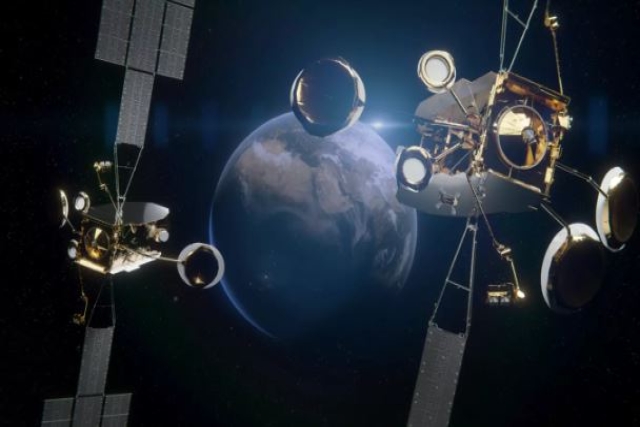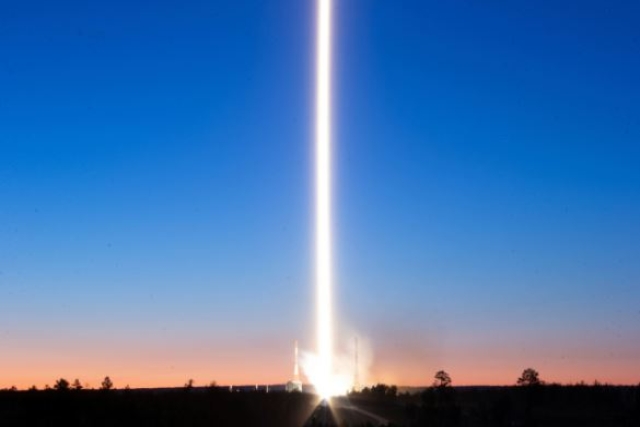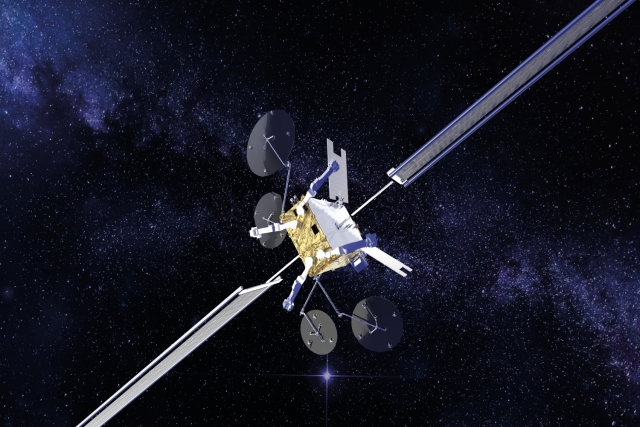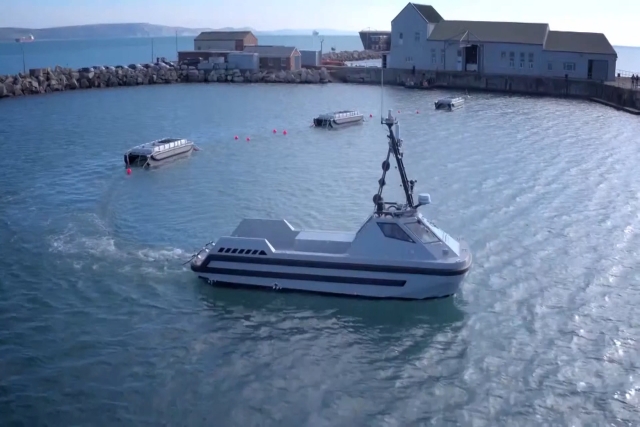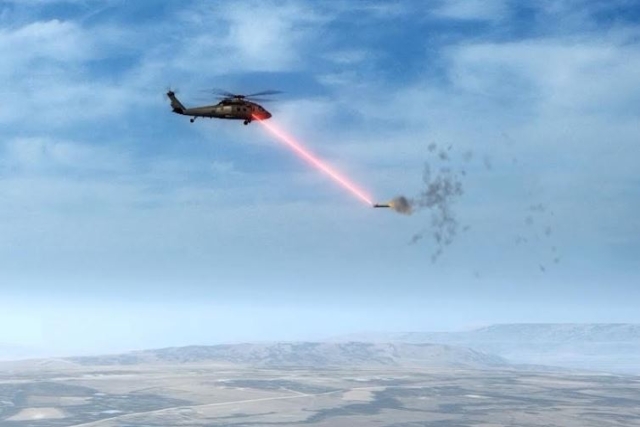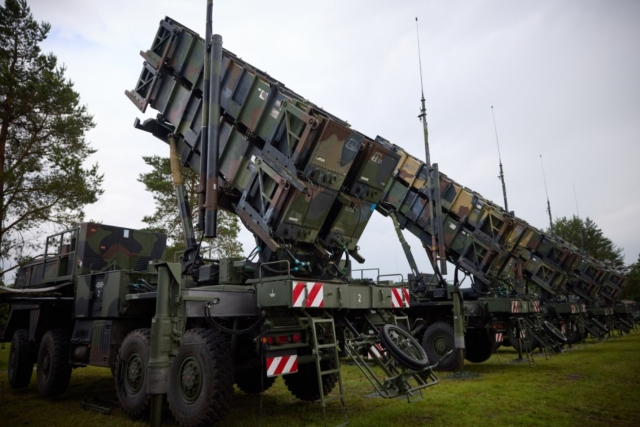Blue Origin, SpaceX, and ULA Secure $5.6B for National Security Space Launch Program
Bezos's Blue Origin Joins SpaceX and ULA in Major Pentagon Deal to Launch Sensitive Satellites
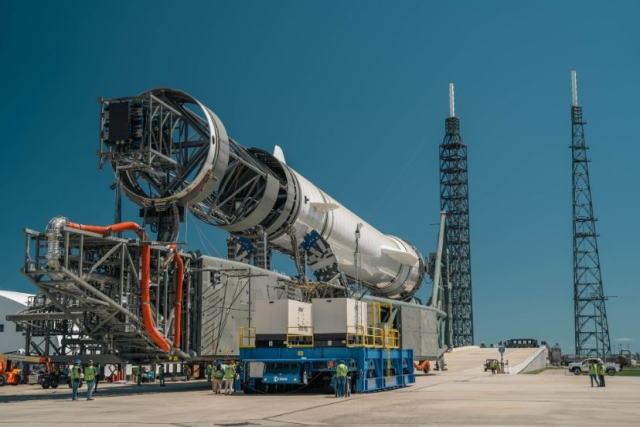
The U.S. Space Force has awarded Blue Origin, SpaceX, and United Launch Alliance (ULA) contracts potentially worth $5.6 billion over the next five years, as part of the National Security Space Launch (NSSL) Phase 3 launch services program.
This decision was announced by the Pentagon on June 13. The Pentagon didn't specify the chosen rockets but mentioned seven companies vying for entry. The program requires upcoming rockets ready for their maiden space missions by December.
SpaceX and ULA (a partnership of Boeing and Lockheed Martin), have been the main providers for Pentagon rocket launches since 2020, through a program called Phase 2. Under this program, ULA was allocated 60% of Pentagon missions until 2027, with SpaceX receiving the remaining missions.
In Phase 3, the Pentagon aims to diversify the pool of companies involved in its space missions for the next decade. This move is primarily intended to bolster competition within the U.S. launch sector. It also aims to reduce launch costs for national security payloads, and ensure assured access to space through redundant capabilities.
For Blue Origin, the company founded by Jeff Bezos, this contract is particularly notable as it represents its first opportunity to launch sensitive national security satellites. Despite a previous unsuccessful bid and protest during Phase 2, Blue Origin has now secured its place in Phase 3 with its New Glenn heavy-lift reusable rocket, which is currently in testing and expected to attempt its first orbital flight later this year.
The NSSL Phase 3 program is divided into two lanes: Lane 1 for less demanding launches, and Lane 2 for heavy-lift rockets capable of delivering payloads to more challenging orbits. Starting in fiscal year 2025 and extending through 2029, the three companies will compete for individual launch missions under the NSSL program. At least 30 missions under Lane 1, which pertains to less demanding launches to low Earth orbit, are expected to be competed during this period. Orders for these missions will be placed up to two years in advance.
The selection of Blue Origin, SpaceX, and ULA for Lane 1 indicates no other launch providers met the criteria this year. The next opportunity for companies to join will be in the first quarter of fiscal year 2025.
Earlier this year, the Space Force awarded Blue Origin nearly $18 million for early integration studies of the New Glenn rocket. As part of the Phase 3 contract, Blue Origin will receive $5 million to conduct an initial capabilities assessment of its mission assurance, while SpaceX and ULA will receive $1.5 million each, given their status as incumbent Phase 2 providers.
The first task order opportunity in Phase 3 Lane 1 will involve seven U.S. Space Force Space Development Agency launches and one for the National Reconnaissance Office (NRO). Any launch provider under the base contract can bid for these task orders, provided they have completed a successful orbital launch prior to the proposal due date.
Lane 2 providers, tasked with the more challenging launches, will be selected this fall. Up to three contracts are expected to be awarded for Lane 2 missions, which will require higher performance launch systems for demanding orbits.
